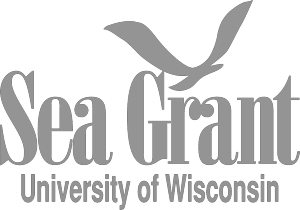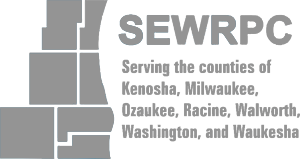May 2021
The Certified Coastal Practitioner™ (CCP) Program
This program is hosted through the Coastal Zone Foundation. It provides participants with the opportunity to complete 10 out of 11 modules in order to obtain their Certified Coastal Practitioner™ credential. The modules go over high-level, introductory concepts related to each category presented by experts in the field. All modules are in webinar format with a basic, pass/fail, multiple-choice assessment at the end to test comprehension. Upon completion, you will receive a certification as well as 4 professional development credits.
Working through coastal issues requires a multidisciplinary perspective. This credentialing program is designed to provide participants with a wide scope of resources and instruction on a variety of elements related to “modern coastal practice”.
Modules include:
- Coastal Engineering
- Coastal Geology
- Coastal Resiliency
- Coastal Ecology/Biology
- Planning and Land Use
- Communications
- Government Operations
- Project management
- Government Affairs
- Coastal Zone Management and Coastal Regulations
- Water Quality
Coastal professionals, those in government, the private sector, coastal consulting, academia, and even coastal citizens are those most suited and would benefit most by completing this program, however, the CCP credentialing program is open to anyone to take. It does require continuing education credits as well as a few other coastal-related activities in order to maintain the certification so those working directly in a coastal-related field would have the easiest time with this piece.
Find more information about the CCP training and course modules.
In order to register or for more details you can contact coastalzonefoundation@gmail.com.
Opinion
Coastal Resilience project assistant Kayla Wandsnider took the Coastal Resilience module as a test to see what the process was like. Here are her thoughts and considerations. All opinions here are her own- there was no compensation, communication, or otherwise from the Coastal Zone Foundation in the writing of this post.
“I thought the module was incredibly interesting, informative, and easy to follow, albeit the information presented was at such a high level that I already knew most of the material. This is the area of study I have spent most of my time in so that’s not surprising.”
Pros:
|
Cons:
|
Final thoughts: The presentations were engaging, the speakers were well informed, and the material was relevant, however, the webinar only provided a broad overview of the coastal resilience topic without expanding upon or laying out any applied tools to take away. Would I take more modules? Sure. But I would go into it with the knowledge that I will only come away with a basic understanding of the topic and probably have more questions than answers.






